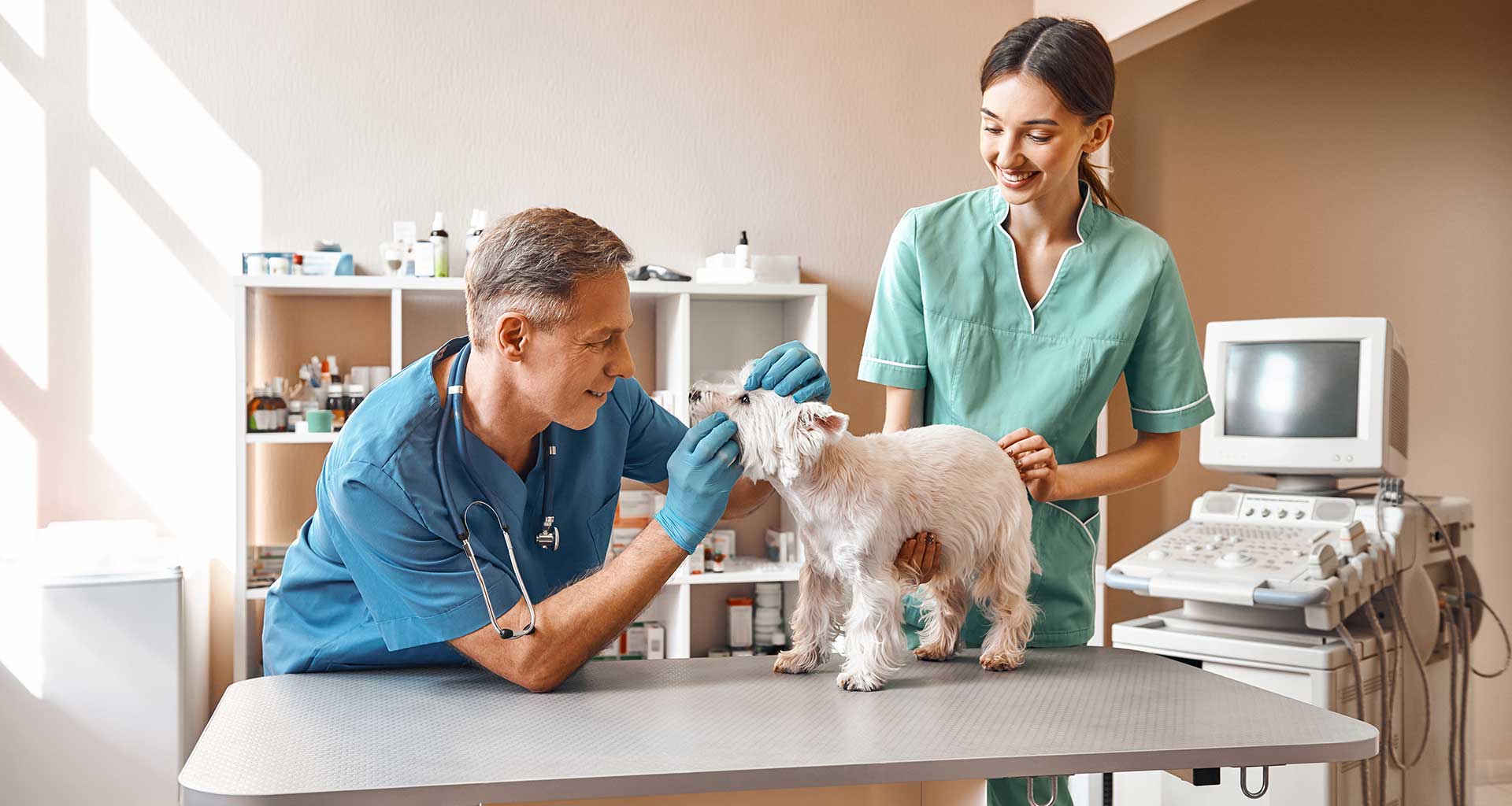Caring for your pets involves more than just love and attention. Veterinarians play a crucial role in spotting early signs of illness, ensuring your beloved animals stay healthy. At the pet clinic in Murrieta, CA, skilled vets use their expertise to identify these subtle signs. You might overlook changes in behavior or appetite, but a trained eye recognizes them as potential red flags. Routine check-ups are essential. They help vets detect issues before they become serious. Regular visits allow vets to monitor your pet’s health closely. They listen, observe, and inspect every aspect of your pet’s well-being. These professionals often notice what you might miss. Their goal is prevention. This approach keeps your pets safe and happy. With empathy and precision, vets work tirelessly to maintain your pet’s health, giving you peace of mind. Remember, early detection is key. Prioritize regular check-ups for your furry companions.
Key Methods for Early Detection
Veterinarians have several methods to detect early signs of illness. These methods are grounded in observation, testing, and medical history. Each plays an important role in the health of your pet.
- Physical Examination: A thorough check-up reveals a lot about your pet’s health. Vets assess your animal’s body condition, skin, ears, eyes, and mouth. They look for any abnormalities or signs of discomfort.
- Behavioral Changes: Pets often communicate their distress through behavior. Vets notice changes in activity level, eating habits, or interactions. These changes might signal underlying health problems.
- Diagnostic Tests: Blood tests, X-rays, and ultrasounds are common. They provide deeper insights when a physical exam suggests an issue. These tests help pinpoint problems that aren’t visible on the surface.
Common Signs of Illness
Recognizing signs of illness is crucial. The table below lists common signs and what they might mean:
| Sign | Possible Cause |
| Loss of Appetite | Digestive Issues, Stress |
| Lethargy | Infection, Pain |
| Vomiting | Dietary Indiscretion, Infection |
| Coughing | Respiratory Problems |
| Increased Thirst | Diabetes, Kidney Disease |
The Importance of Regular Vet Visits
Regular vet visits are more than a routine. They are a proactive measure to keep your pet healthy. Vets establish a baseline for your pet’s health. This baseline helps identify changes or potential issues. According to the American Veterinary Medical Association, regular vet visits significantly reduce the risk of disease.
Pets age faster than humans. Therefore, their health can change rapidly. Regular check-ups ensure that any shifts in health are noticed promptly. Early intervention can mean the difference between simple treatment and serious complications.
What to Expect During a Vet Visit
Understanding what happens during a vet visit can ease your mind. Here’s a brief overview:
- Initial Consultation: The vet asks about your pet’s behavior, diet, and lifestyle.
- Physical Exam: The vet examines your pet from head to tail. They look for signs of illness or discomfort.
- Tests: If necessary, the vet may recommend tests. These could include blood work or imaging to gather more information.
- Discussion: The vet discusses findings with you and suggests any next steps. This might include treatment, lifestyle changes, or further testing.
Tips for Pet Owners
You play a vital role in your pet’s health. Here are some tips to help detect issues early:
- Observe: Pay attention to changes in behavior, eating, and energy levels.
- Record: Keep a log of any changes. This information can help your vet.
- Communicate: Share concerns with your vet. They rely on your observations, especially for subtle signs.
Conclusion
In conclusion, early detection of illness in pets is essential. By working with veterinarians and staying observant, you can ensure your pet leads a healthy and happy life. Make regular vet visits a priority. This commitment to your pet’s health strengthens the bond you share. For more information on pet care, visit the Centers for Disease Control and Prevention website. They provide resources and tips for keeping pets healthy. Remember, when it comes to your pet’s health, never wait. Act promptly for their best life.





